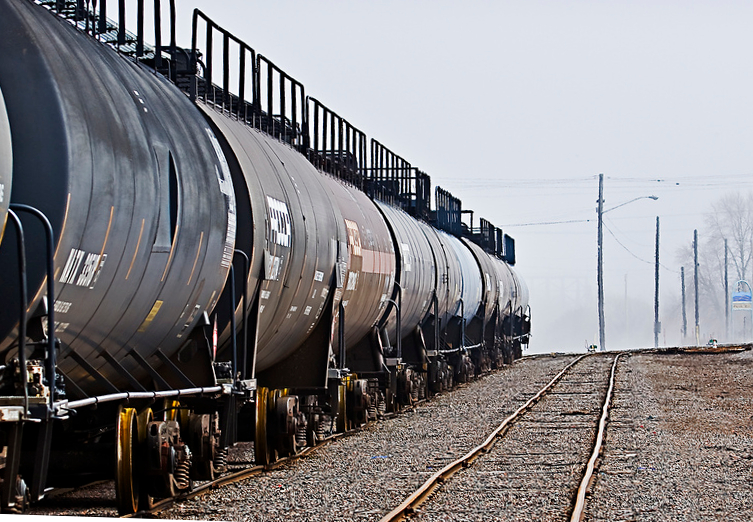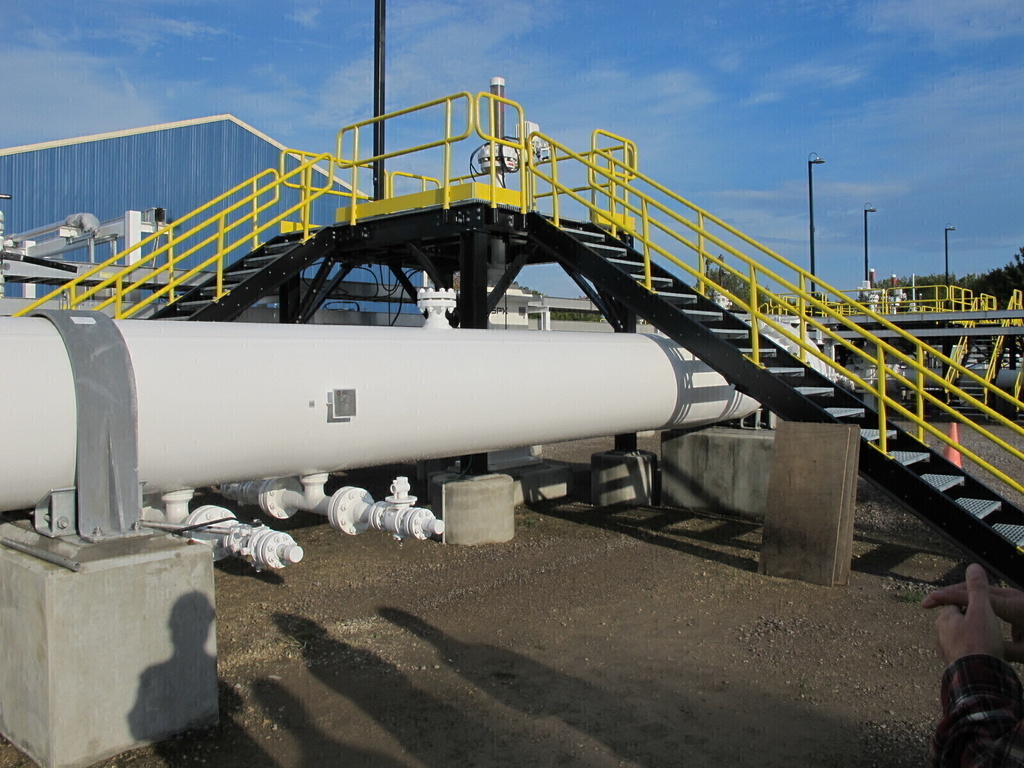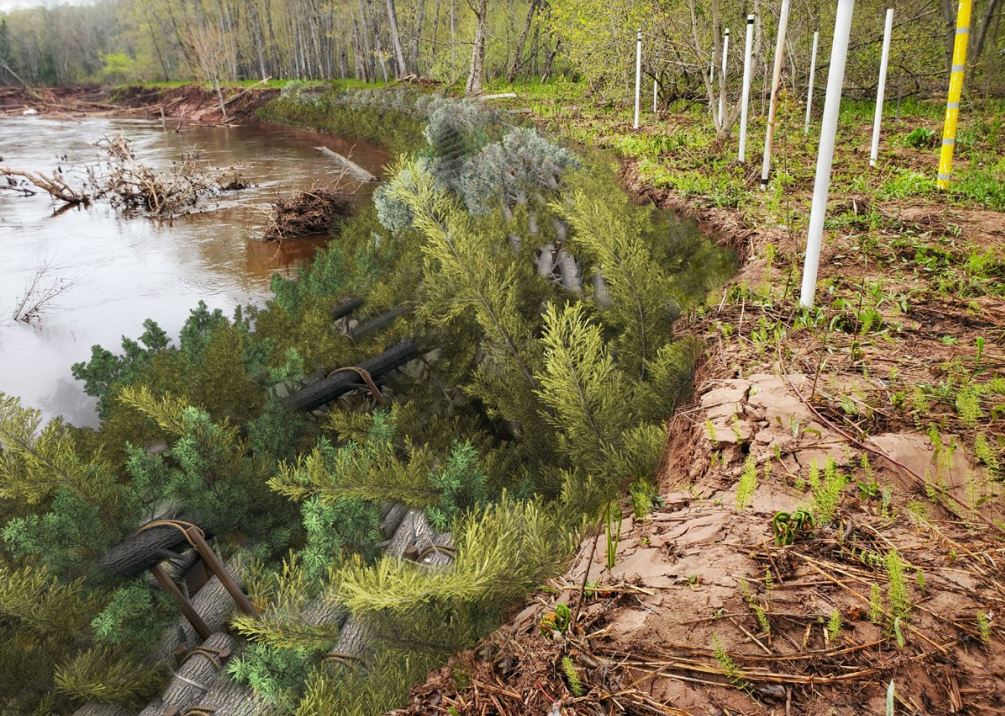The federal government has ordered railroads carrying crude oil from the Bakken oil fields of North Dakota to slow down and replace tankers with safer models.
Federal regulators want old tankers replaced with new tankers and speed limits to be reduced from 50 to 40 miles per hour.
About 45 tanker trainloads of Bakken oil pass through Wisconsin every week, mostly through La Crosse to Milwaukee and Kenosha counties, but also down the western border counties to Grant County. The so-called “pipeline on wheels” continues to grow, since Bakken production has doubled over the past two years to 1 million barrels a day.
Stay informed on the latest news
Sign up for WPR’s email newsletter.
More tanker trains have also meant more crashes — 11 in the past year, one killing 47 people in Quebec.
U.S. Rep. Ron Kind (D-La Crosse) has been pushing for more safety regulations in what he calls the “Bakken Blitz.” In addition to track upgrades, Kind has been calling for stabilizers to be introduced to Bakken oil to make them safer.
“That’s something that does happen with the Texas crude oil right now,” said Kind. “It wouldn’t take that much to apply it for the Bakken oil, which the (Department of Transportation) found to be the most volatile, highly toxic substance that’s being recorded around the country right now.”
Kind also said railroads need to be more transparent with community notification alerts when Bakken oil is transported through populated areas, and that first responders also need more resources.
“They’re looking for help from the railroad industry, from Wisconsin Emergency Management — not only equipment, but training and also hazmat capability too,” said Kind.
The new regulations will have a 60-day comment period and would go into effect early next year.
Wisconsin Public Radio, © Copyright 2024, Board of Regents of the University of Wisconsin System and Wisconsin Educational Communications Board.




